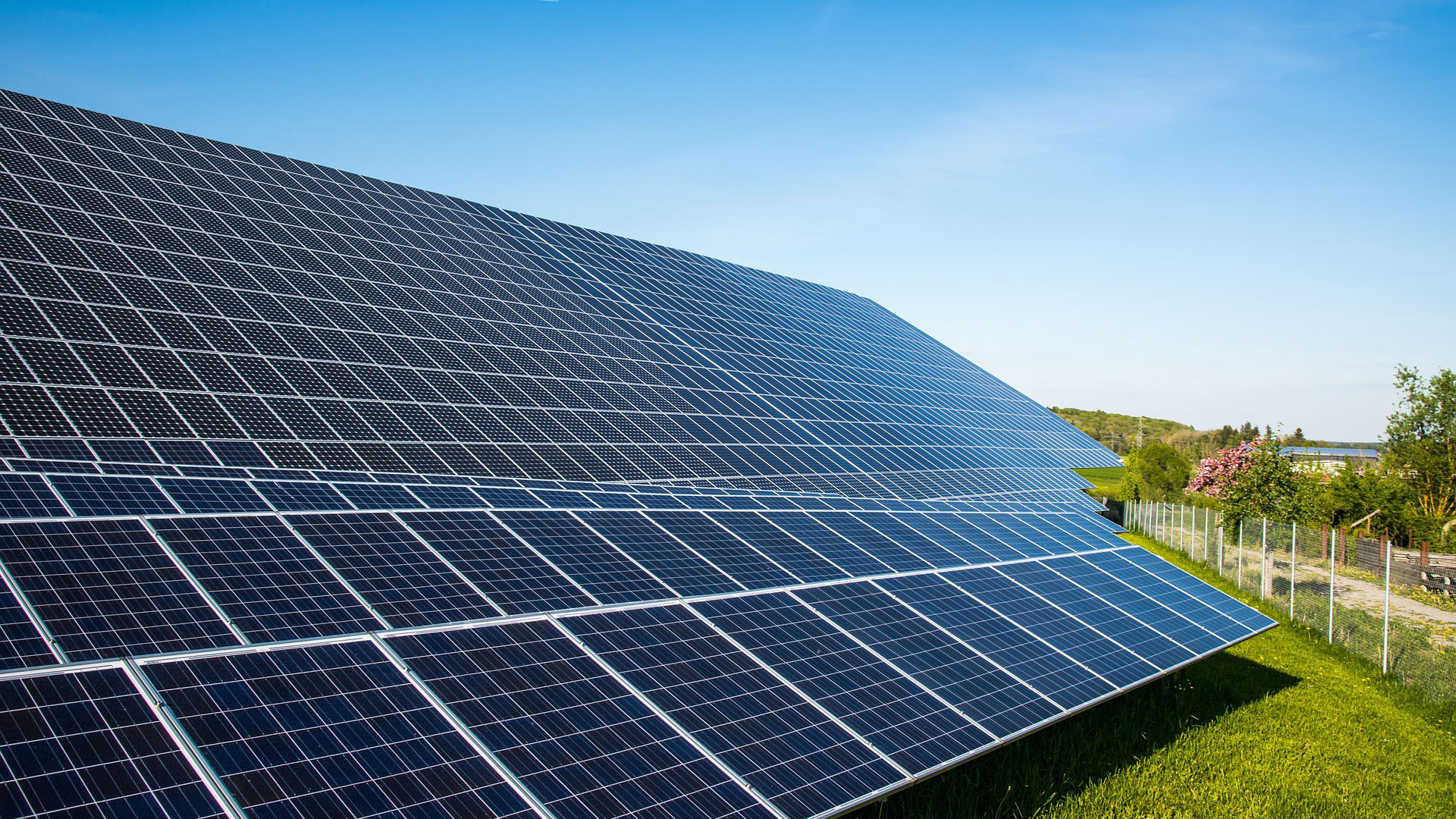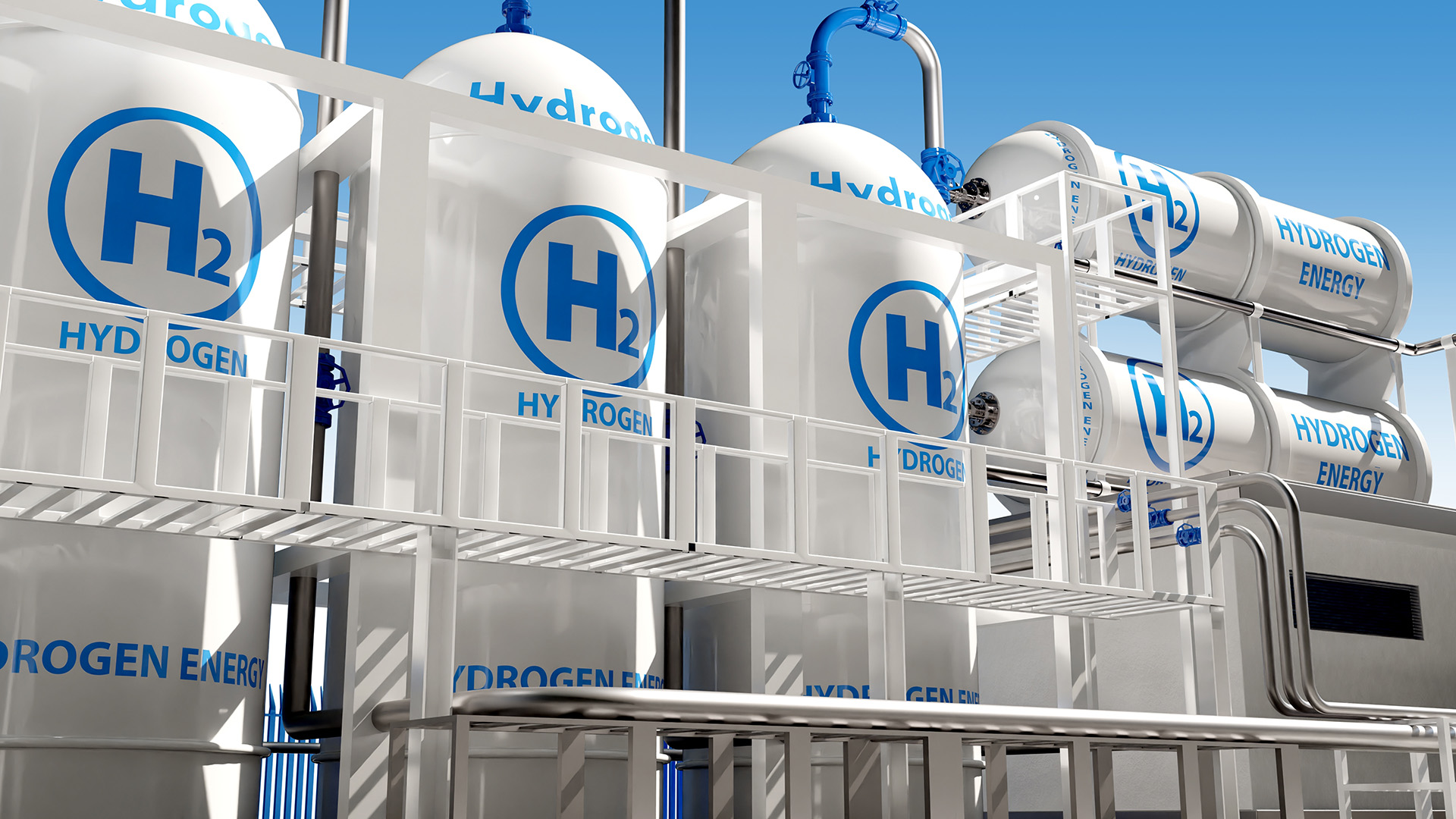Oil prices rose this week, ahead of the U.S. Memorial Day holiday weekend, the start of peak U.S. demand season, at the same time that European nations negotiated over whether to impose an outright ban on Russian crude oil.
Meanwhile South Africa, the biggest emitter of carbon emissions in Africa and 13th in the world, is moving away from coal-burning plants and will begin adding renewable energy and natural gas to its energy mix. The transition will require $250bn in funding over the next three decades to meet their goal of being off coal by 2040.
Amid global supply issues for everything from oil and gas to food and medical supplies, a new analysis was released detailing how record-high energy prices have led to significant increases in operating and transportation expenses for America’s farmers, leading to increased food costs for families and restaurants.
Check out more energy stories from this week below!
Double-sided solar panels for the future

New research shows that solar panels can be a viable option for consumers even in snow-heavy climates. Inside Climate News shares how double-sided panels have improved efficiency to produce substantially more electricity during winter months.
Electric vehicles and rising materials costs

Gas prices have hit a historic high and show no signs of coming down, so more consumers than ever are exploring electric vehicles in the hopes of giving their wallet a break. CNBC reports that as demand increases, batteries and the materials needed to build them are skyrocketing in price.
Rising fuel costs affects those on breathing machines

An unintended consequence of rising fuel costs has been the burden placed on consumers who rely on breathing machines. The BBC shares that some are concerned about the increasing costs of running a breathing machine overnight and the fear that many patients are forced to opt out of using the potentially life-saving apparatus for purely financial reasons.
INDYCAR to move to renewable racing fuel

Shell Oil Company and Penske Corp have announced that they will produce a 100% renewable fuel for 2023 INDYCAR races, making INDY the first ever racing series to utilize a completely renewable fuel source. Forbes recently reported that the low-carbon renewable fuel, made from a blend of ethanol and food base components, will produce up to 60% less greenhouse gases than traditional fossil fuels.
South Korea adds new energy storage and liquid hydrogen

A new 2GWh battery cell facility in South Korea will help to meet growing demand for battery storage. EnergyDigital.com highlights how the facility will create a supply of lithium-ion batteries and the infrastructure to develop new battery cell chemistries and technologies, and can scale up to meet rising demand.

